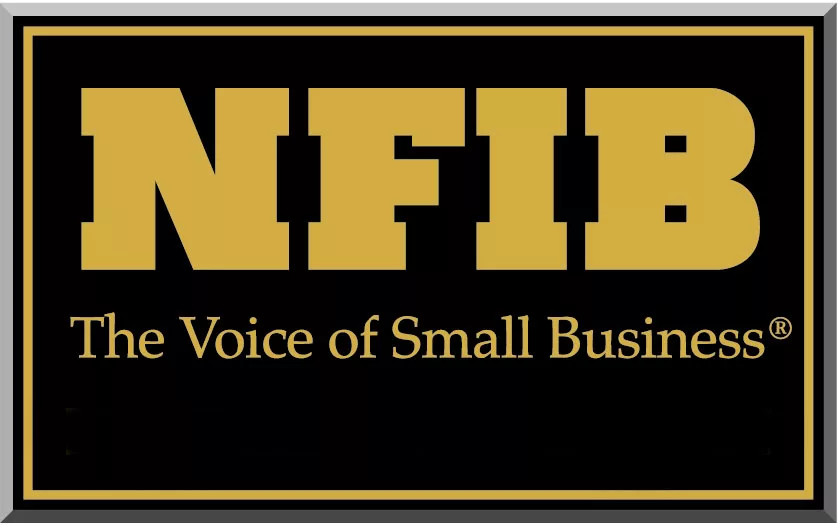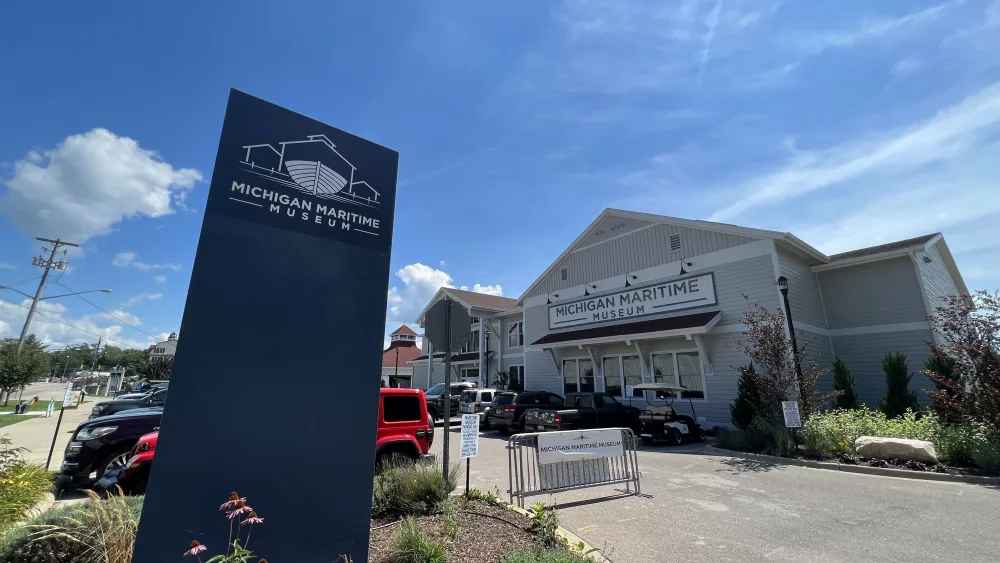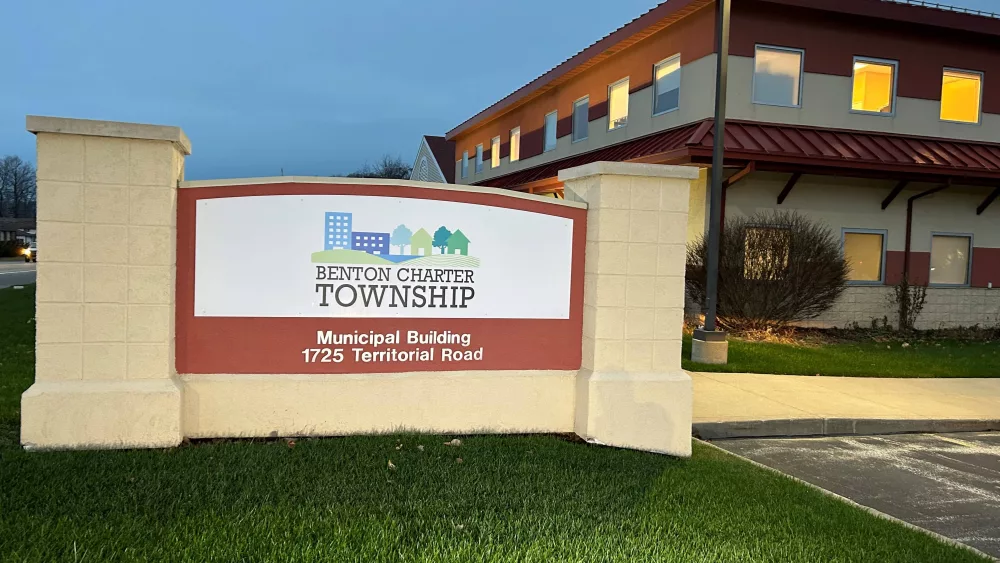
According to NFIB’s monthly jobs report, a net 18% (seasonally adjusted) of small business owners plan to raise compensation in the next three months , down three points from last month and the lowest reading since March 2021. Seasonally adjusted, a net 37% of owners reported raising compensation, down one point from April but historically very high.
“An exceptionally high number of small businesses are still struggling to fill open positions,” said NFIB Chief Economist Bill Dunkelberg. “Although plans to increase compensation have fallen, small firms continue in their efforts to attract and retain workers.”
Labor cost reported as the single most important problem for business owners decreased by one point to 10%, three points below the highest reading of 13% reached in December 2021. The percent of small business owners reporting labor quality as their top small business operating problem rose one point from April to 20%. However, labor quality as small business owners’ top problem has eased considerably over the last two quarters.
Forty-two percent (seasonally adjusted) of small business owners reported job openings they could not fill in May, up two points from April.
A seasonally adjusted net 15% of owners plan to create new jobs in the next three months, up three points from April and the highest reading of the year.
Overall, 60% of small business owners reported hiring or trying to hire in May, up four points from April. Fifty-one percent (85% of those hiring or trying to hire) of owners reported few or no qualified applicants for the positions they were trying to fill. Twenty-nine percent of owners reported few qualified applicants for their open positions and 22% reported none.
Thirty-seven percent have openings for skilled workers and 14% have openings for unskilled labor. The labor market remains tight, especially in the construction, manufacturing, and transportation sectors.
Job openings in construction were down one point from April and over half of them (54%) have a job opening they can’t fill. Job openings were the highest in the construction, manufacturing, and transportation sectors, and the lowest in the wholesale and agriculture sectors.
The National Federation of Independent Business (NFIB) represents small and medium sized businesses nationwide at the federal level in Washington, D.C.





